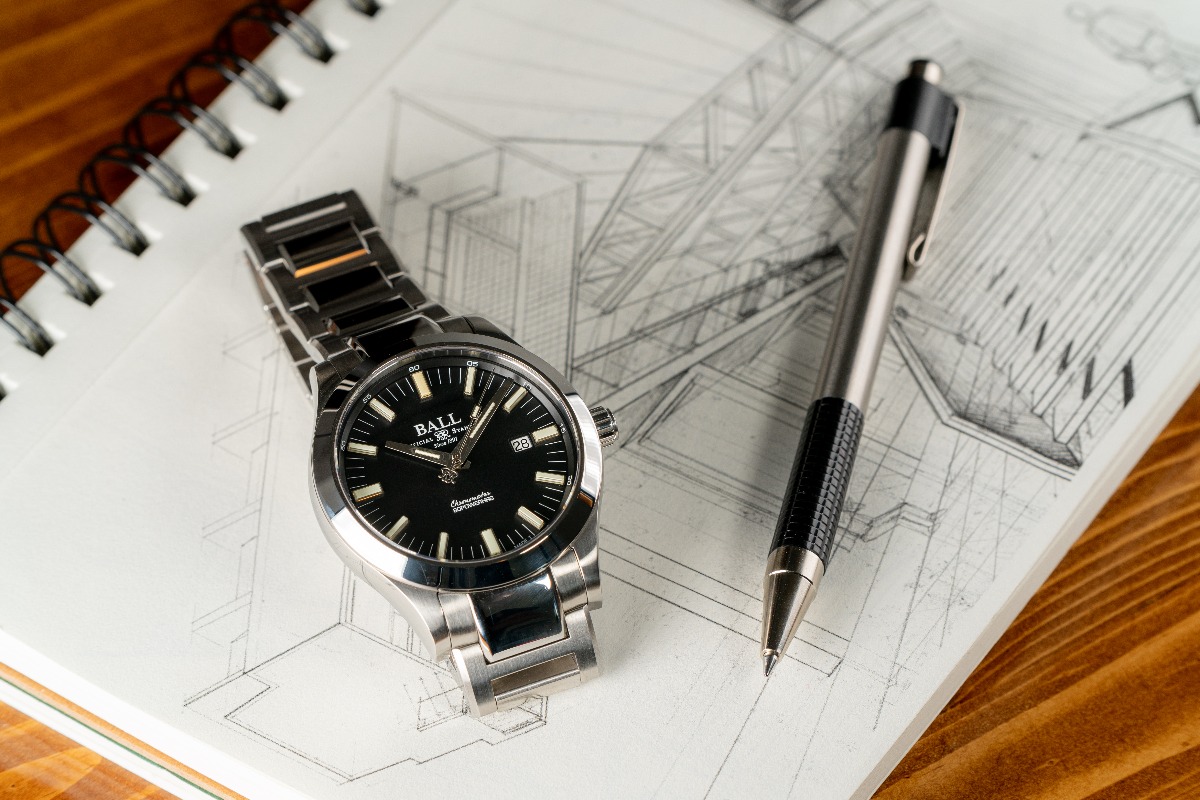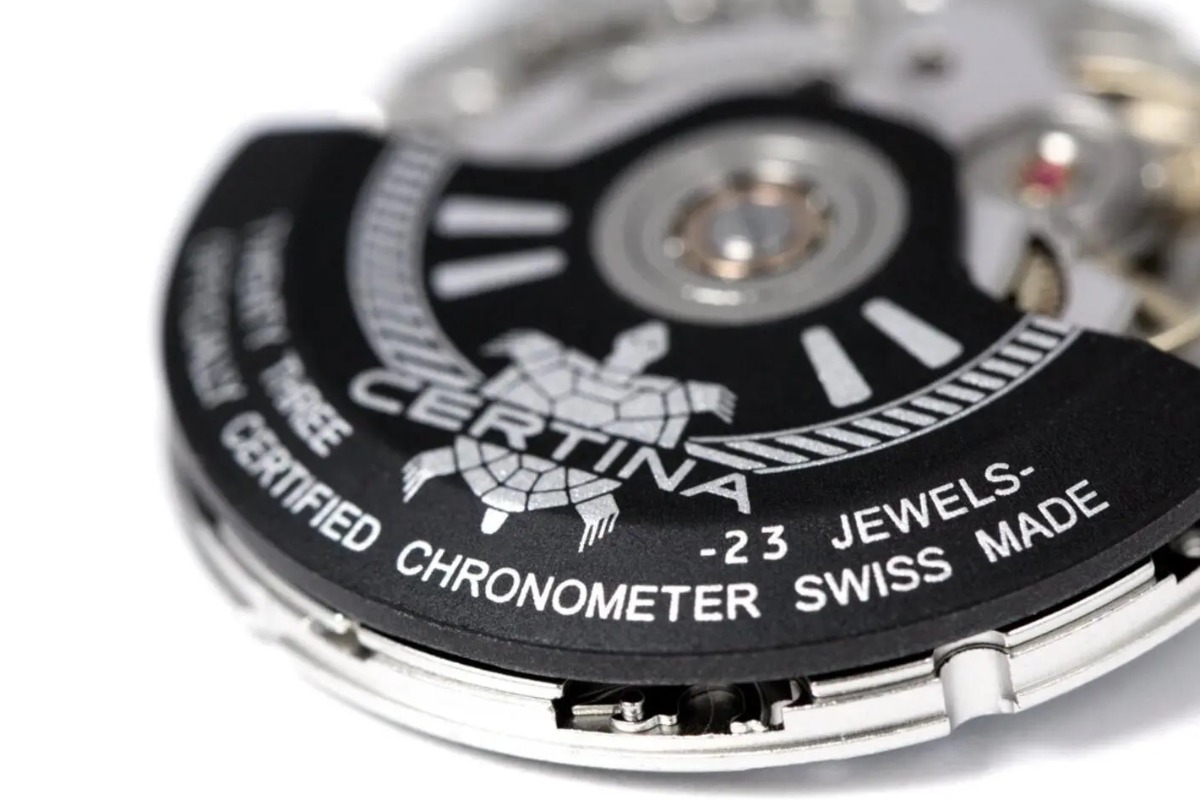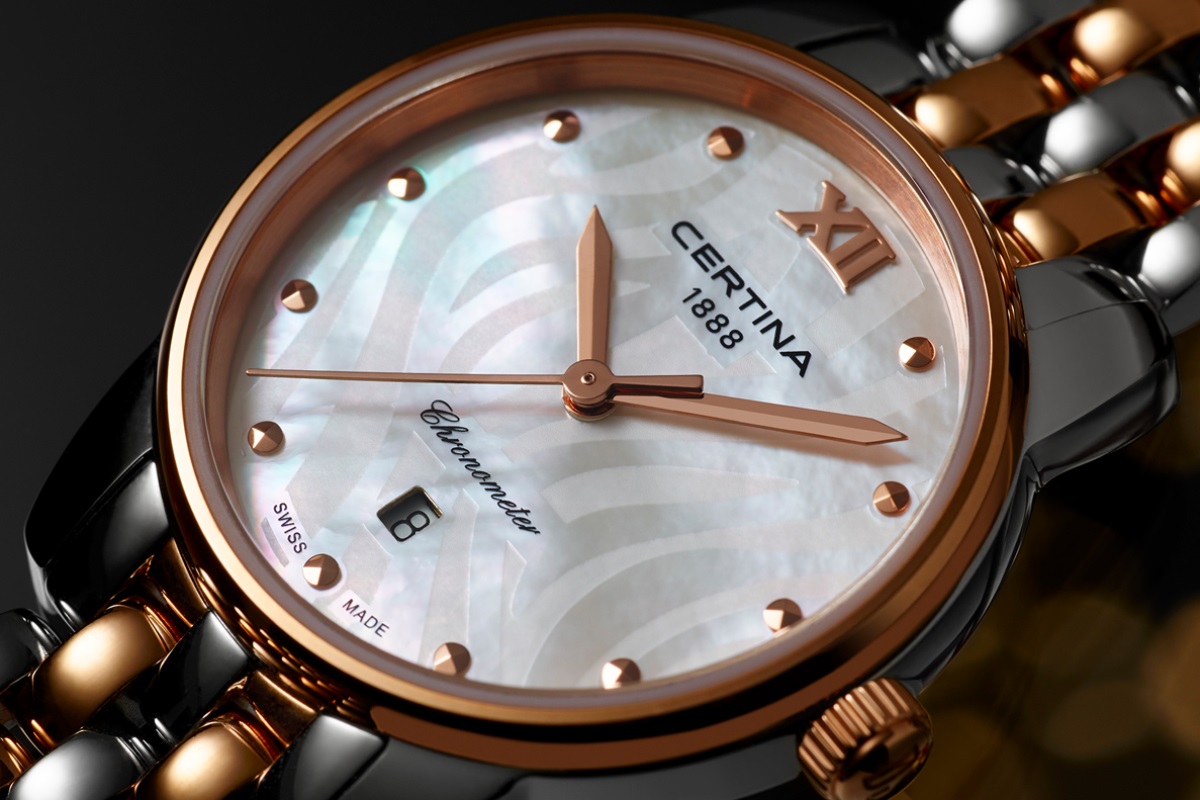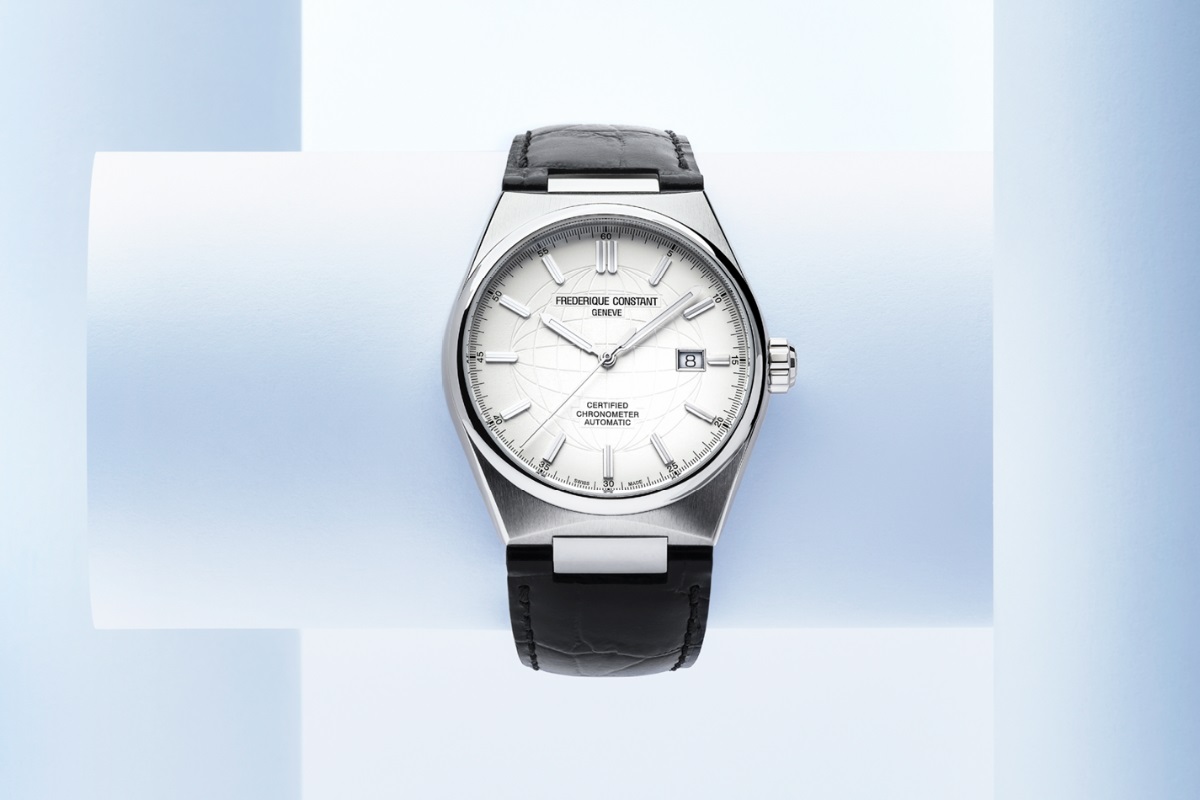
Chronometer – extraordinarily accurate watch

Various
Chronometer – extraordinarily accurate watch

Have you ever wondered about the differences between a chronograph and a chronometer? Do you happen to confuse these two similar-sounding terms? Whether you tend to confuse them or value their above-average precision, this article aims to shed light on these watch movements. Furthermore, it will outline the criteria employed to evaluate watches and determine their precision levels. So, let's delve into the fascinating world of horology and unravel the secrets behind these intriguing devices.
Chronometer vs chronograph – what to choose?
Let’s clarify once and for all one of the most common misconceptions regarding the interchangeability of the terms "chronograph" and "chronometer". Do these terms refer to the same thing? No – these two concepts are distinct and carry entirely different meanings. Thankfully, they are very easy to distinguish.
A chronograph is nothing more than an additional complication of the movement. It goes beyond the primary function of timekeeping and incorporates two distinct measuring systems capable of recording precise short time intervals down to hundredths of a second. Identifying a chronograph watch is straightforward as it exhibits two or three sub-dials positioned on the dial.
A chronometer, on the other hand, is a special wristwatch with a tuning fork mechanism distinguished by its exceptional precision confirmed by an official certificate. The precise definition of a "chronometer" is established by ISO 3159:2009, which encompasses the essential categories, restrictive test program and the acceptable minimum requirements for wrist-chronometers.
What is a COSC chronometer?
A chronometer is a watch that stands out for its exceptional accuracy in timekeeping. To earn the prestigious chronometer designation, a watch must undergo rigorous laboratory tests conducted under controlled conditions. Furthermore, it must meet the strict requirements imposed by the ISO standard. The certification of chronometers is carried out by the independent Swiss institute COSC (Contrôle Officiel Suisse des Chronomètres), headquartered in La-Chaux-de-Fonds.
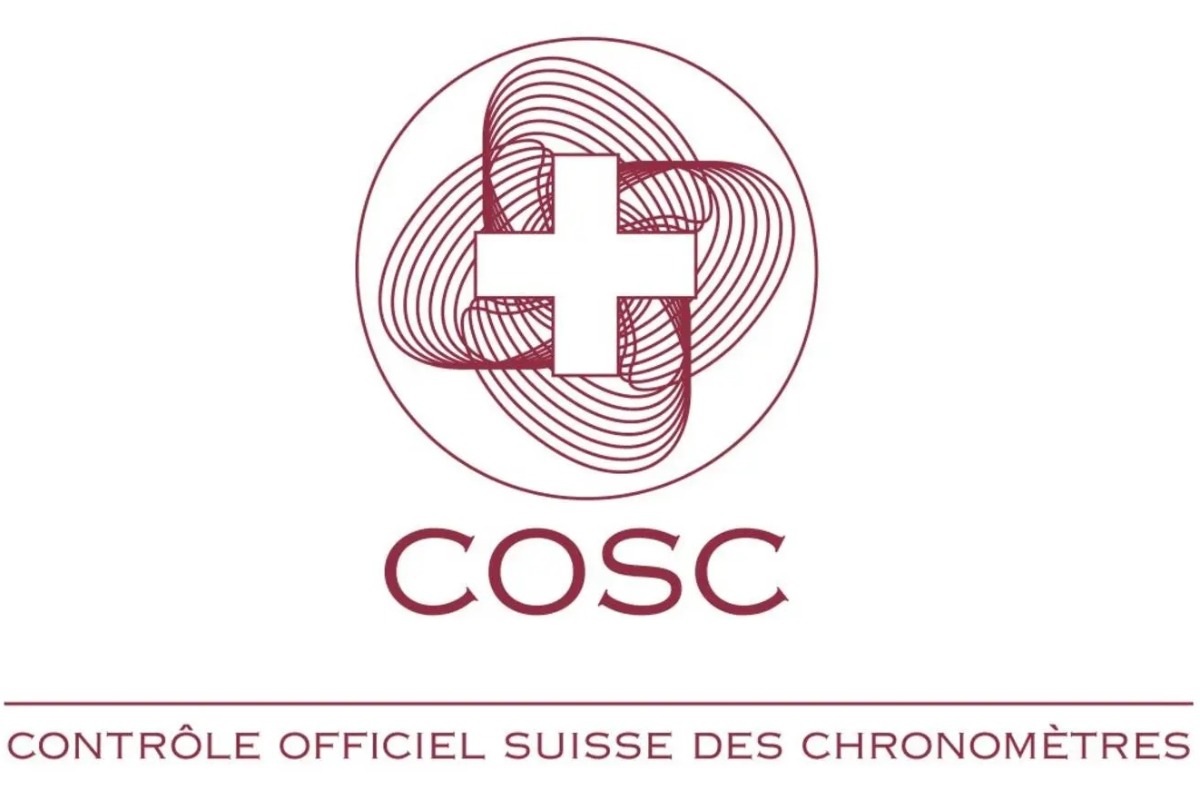
Criteria for chronometer certification
The COSC "chronometer" certificate is awarded to watches only after specific static tests performed in a laboratory by the Official Institute. Each individual watch/mechanism, both mechanical and quartz, undergoes rigorous daily tests. For mechanical and pocket watches, the testing period lasts for 15 days, while for quartz watches the period is 13 days.\
During the two-week inspection, two important criteria are used to measure and check the timekeeping of the watch:
- temperature: 8⁰C, 23⁰C and 38⁰C;
- placing the watch in five different positions: facing 3 o'clock, 6 o'clock and 9 o'clock, with the dial facing downwards and upwards.
The watch is placed in varying positions and subjected to different temperatures every day for a further 24 hours. Based on these measurements, seven eliminatory criteria for Type I, as defined by ISO 3159 for mechanical watches, are calculated.
For watches with quartz movement, in turn, there are 6 eliminatory criteria for Type IV according to ISO 3159.

Chronometer - how to recognise it?
Once a tested watch has successfully met all the aforementioned criteria, it is granted a COSC certificate and earns the prestigious title of an official chronometer. How do you recognise a chronometer when you are in a shop or at a watchmaker's?
A chronometer is a specially marked watch. It has its own unique number engraved either on the case or the caseback, as well as an individually numbered certificate issued by the COSC. To further indicate its chronometer status, manufacturers often include the words "Chronometer" or "Certified Chronometer" on the dial. Furthermore, when buying a chronometer from an authorised retailer, the watch should be accompanied by original documents confirming its authenticity.
COSC certified chronometers – which one to choose?
COSC-certified chronometers truly stand apart. These premium watches embody the utmost level of accuracy and earn widespread esteem from both discerning users and collectors. Bearing these individuals in mind, watch brands incorporate premium Swiss watches into their offerings to cater to their discerning tastes and preferences.
Prominent manufacturers such as Ball and Tissot have released lots of collections with chronometers, e.g. Ballade, Chemin Des Tourelles and Le Locle. Other renowned brands known for their chronometers are Certina (Urban and Aqua collections) and Frederique Constant (Highlife Automatic COSC series).
Other COSC-certified chronometers include Atlantic Worldmaster Chronometer 52781.41.51 and 52781.41.21, Oris Artelier Automatic Chronometer 01 737 7721 4031-07 5 21 65FC, Junghans Meister Automatic 027/7333.00 and 027/4130.02. The Fortis brand has got some really cool COSC-certified chronometers too.
COSC-certified watches – choose an accurate chronometer
Do you value premium quality and unwavering precision? Choose a COSC-certified chronometer! By choosing to buy from us, you can be sure to receive an authentic and dependable product. With your chronometer, you will get an official certificate, confirming its authenticity.
